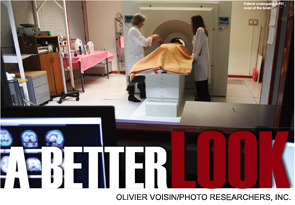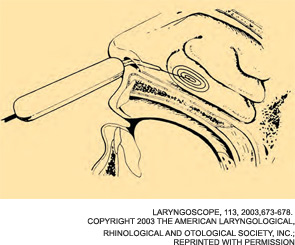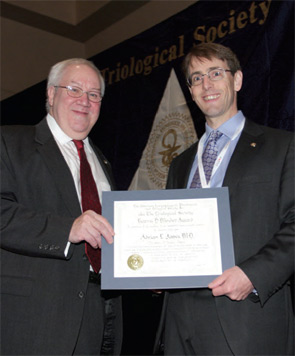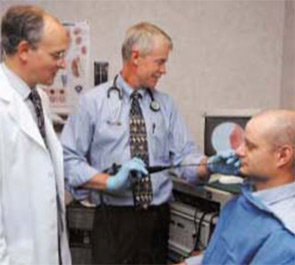When it comes to treating head and neck tumors, the more information that is available, the better. In the past, options for investigating these types of tumors and their aggressiveness were limited. But advances in optical imaging, positron emission tomography (PET) scanning, magnetic resonance imaging (MRI) and fluorescent and ultrasound imaging have some otolaryngologists excited about the prospect of getting a better look at head and neck cancer.







